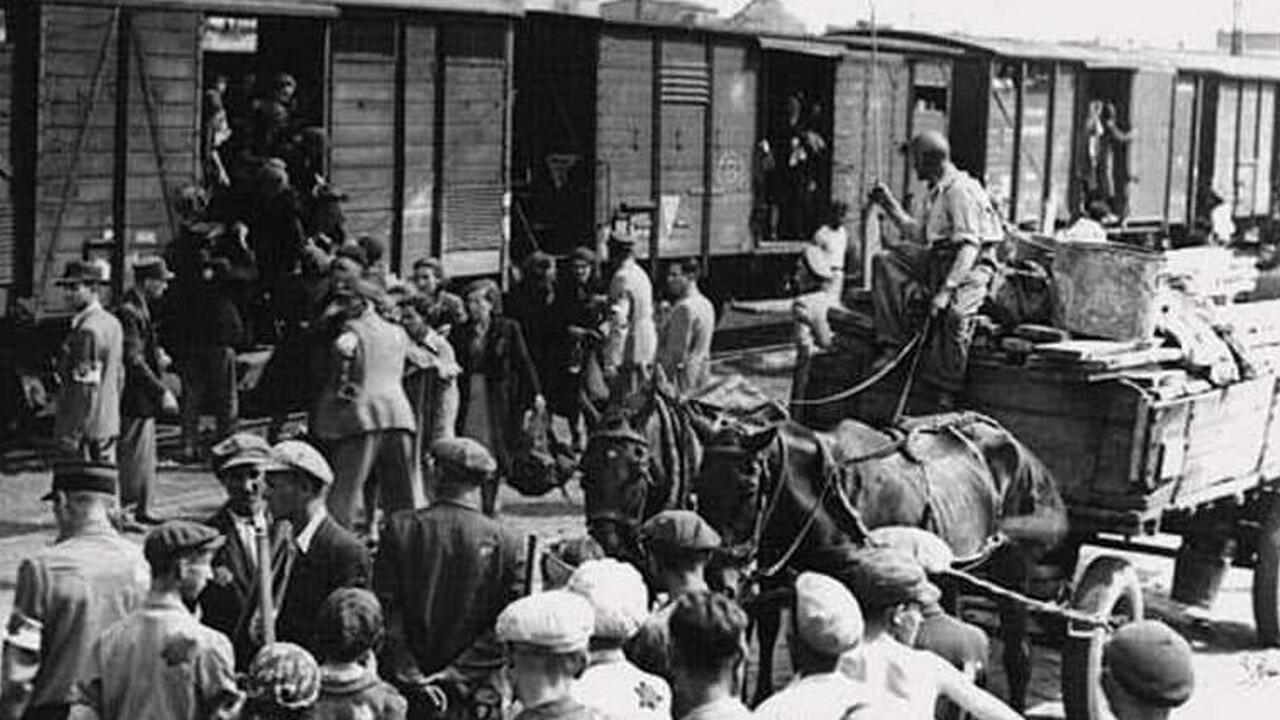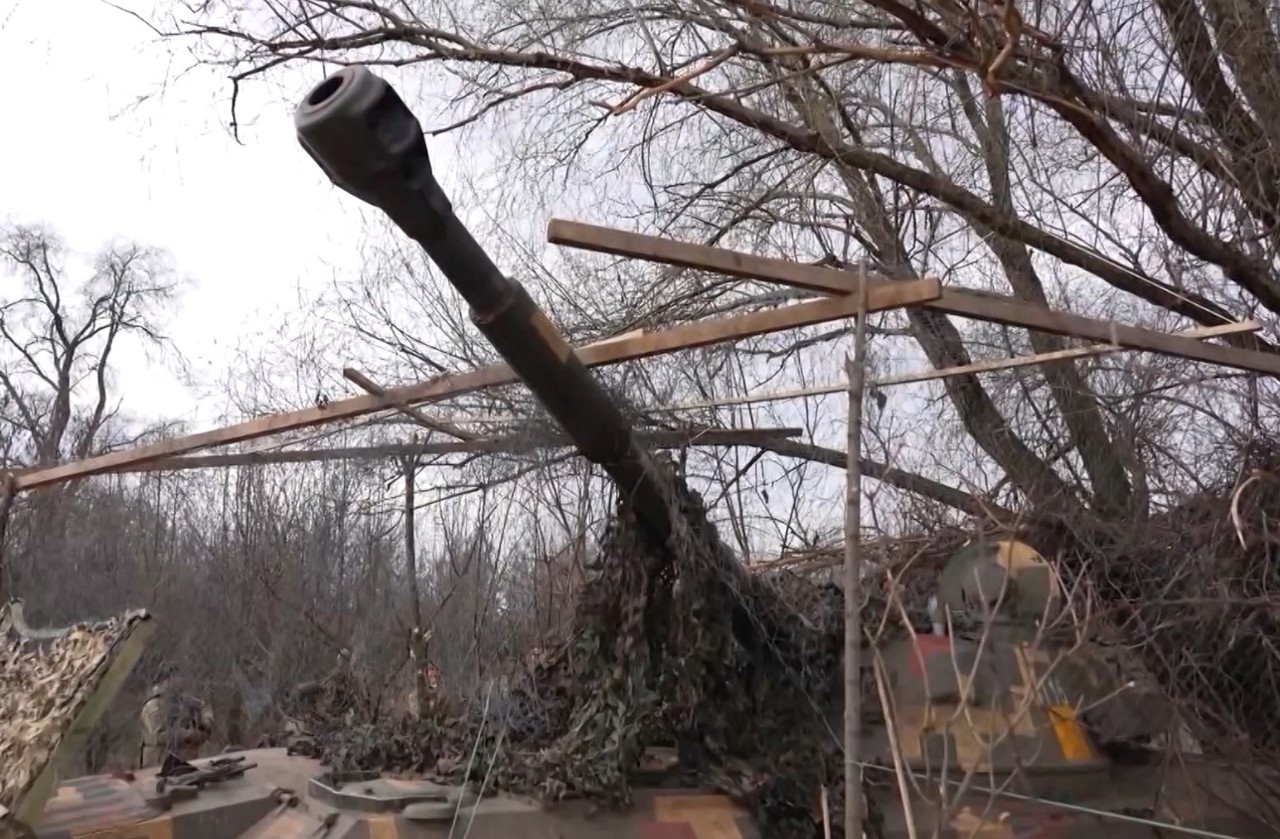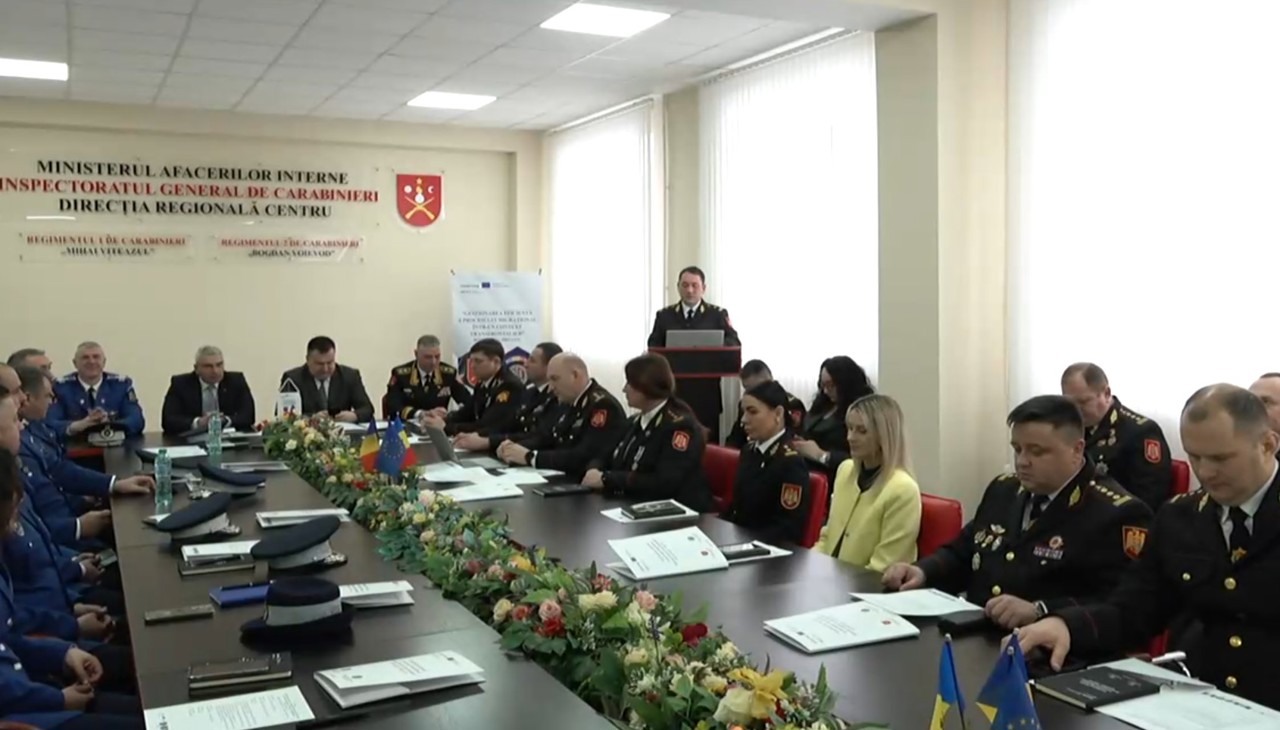Moldova Remembers: Night of Stalinist Deportations
Eighty-Three Years Since the First Wave of Stalinist Deportations from Bessarabia and Northern Bukovina

Tens of thousands of people were awakened in the dead of night on June 13, 1941, and forcibly removed from their homes. They were then transported under inhumane conditions to Siberia and Kazakhstan. Moldovan officials issued several statements in commemoration of the victims of these Stalinist deportations.
President Maia Sandu remarked that the Soviet regime uprooted thousands of families from their homes, herded them onto freight trains, and banished them far from their homeland. "Many families were torn apart at the loading docks," Sandu said. "Wives and children were separated from their husbands and fathers, some never to be reunited."
"The deportation tragedy is a scar on our nation's soul - we will never forget it," Sandu continued. "We have a responsibility to keep alive the memory of the injustice our grandparents and great-grandparents endured."
She added, "Let us honour their humanity, which sustained them in remembering their identity and heritage, even in the face of unimaginable hardship, far from everything familiar."
Prime Minister Dorin Recean also stressed that "the suffering of those people and the injustice inflicted upon them must never be forgotten." He announced that a series of events commemorating the victims of deportations and Stalinist repression will be held in July.
Parliament Speaker Igor Grosu invited Moldovans to visit the exhibition "Soviet Moldova: Between Myths and Gulag" at the National Museum of History of Moldova, as well as the exhibition on Soviet terror at the Museum of the Army in Chisinau.
"The communist and Putinist regimes are trying to erase the memory of those crimes from history," Grosu wrote. "But we have a duty to remember, for forgetting is betrayal. We must not forget and speak out about these crimes, especially since the lessons of history have not been learned, and in occupied Ukraine whole families are again being separated and children deported."
Historian Artur Leșcu noted that those deported were priests, intellectuals, and members of former political parties. Many of them did not survive the harsh conditions of exile.
"Local repressive forces had заранее (zaranee, meaning 'in advance' in Russian) reserved 1,315 train cars," Leșcu explained. "Not for transporting goods or coal, but for 85,000 people who were to be subjected to a nightmarish journey far from their homes. The deportation lists were rife with irregularities - handwritten, with no stamps or official approvals. The poor souls had a maximum of two hours to prepare for exile."
Official data show that over 25,000 people were deported on the night of June 12-13, 1941. This was followed by two more waves of deportations in 1949 and 1951, which targeted over 40,000 more people.
Translation by Iurie Tataru





